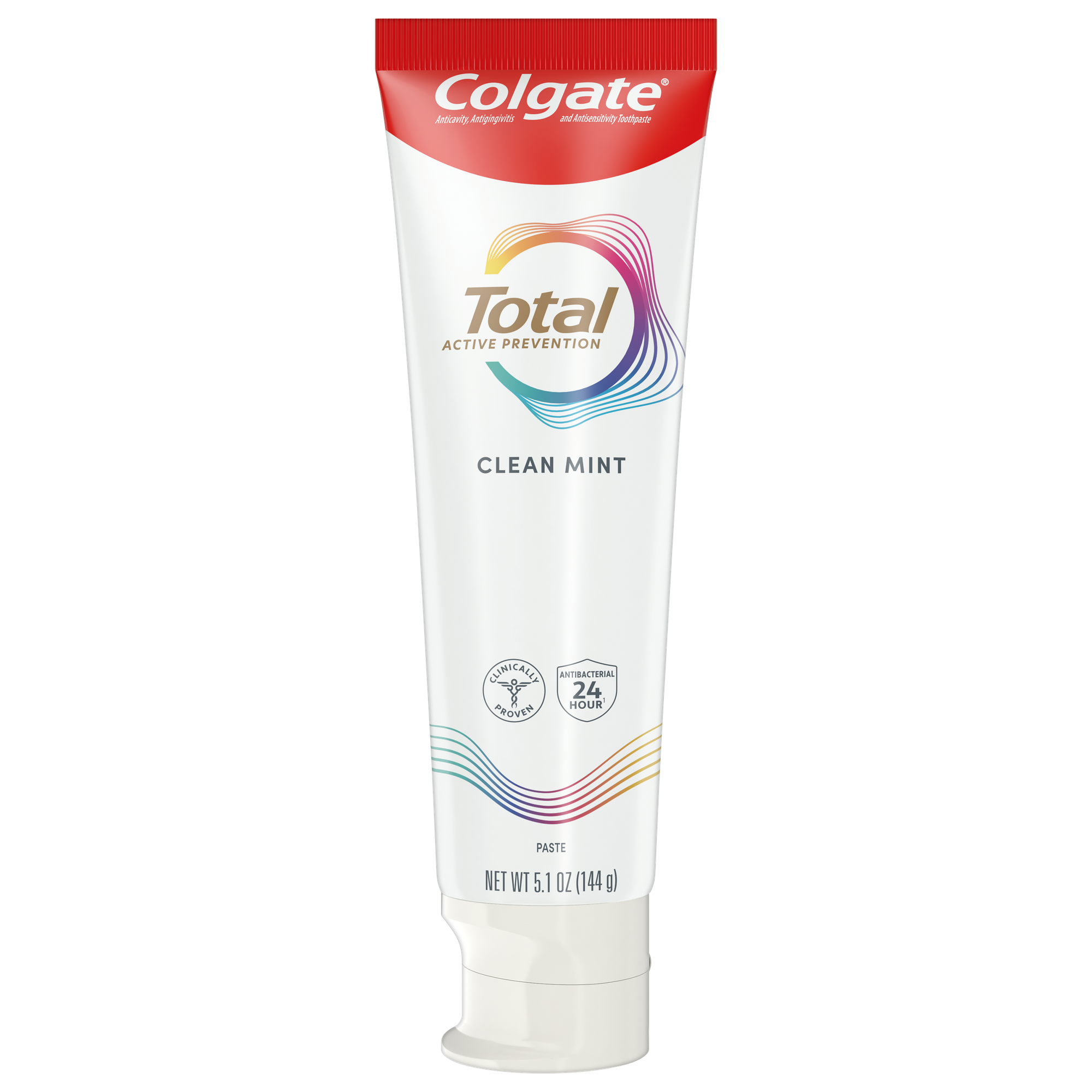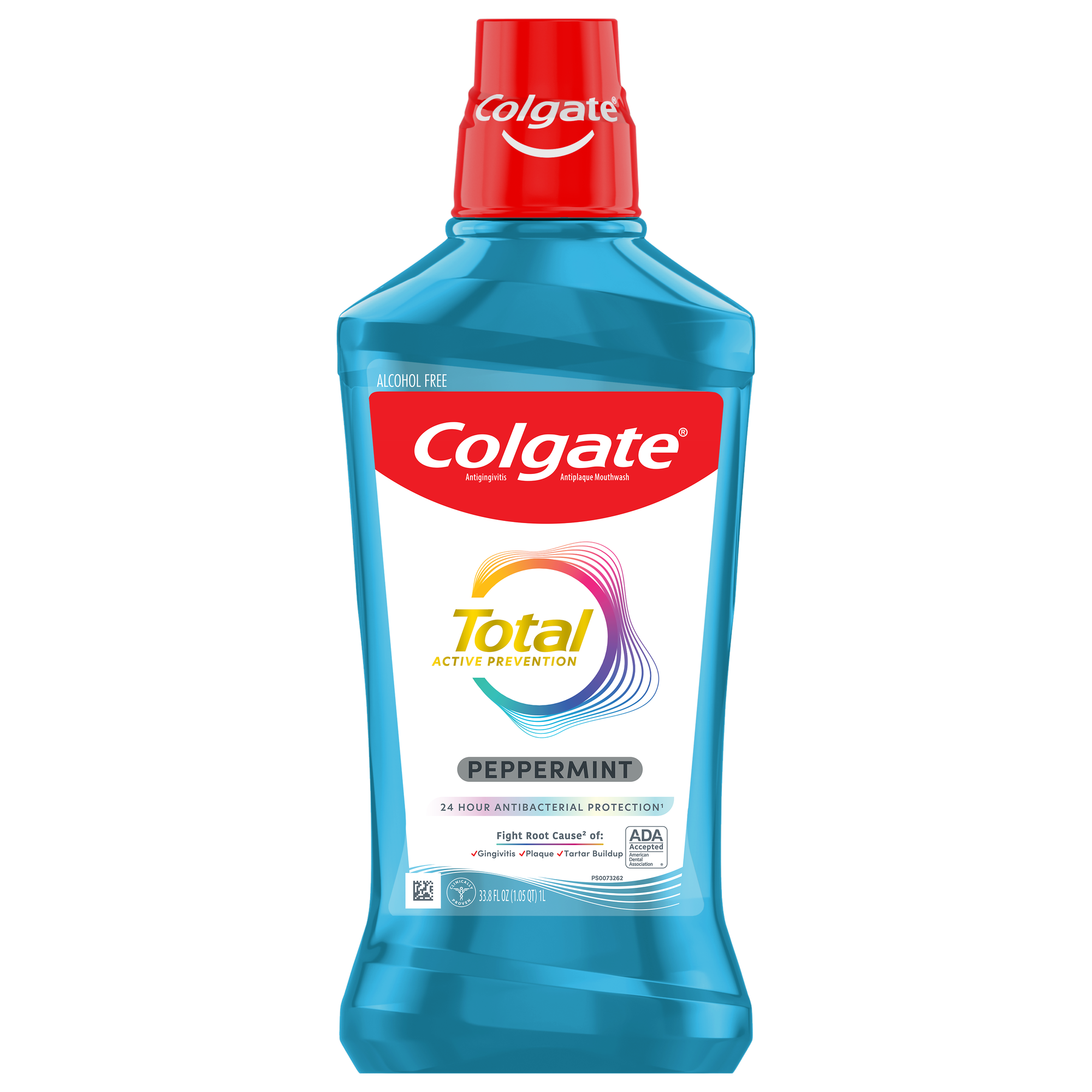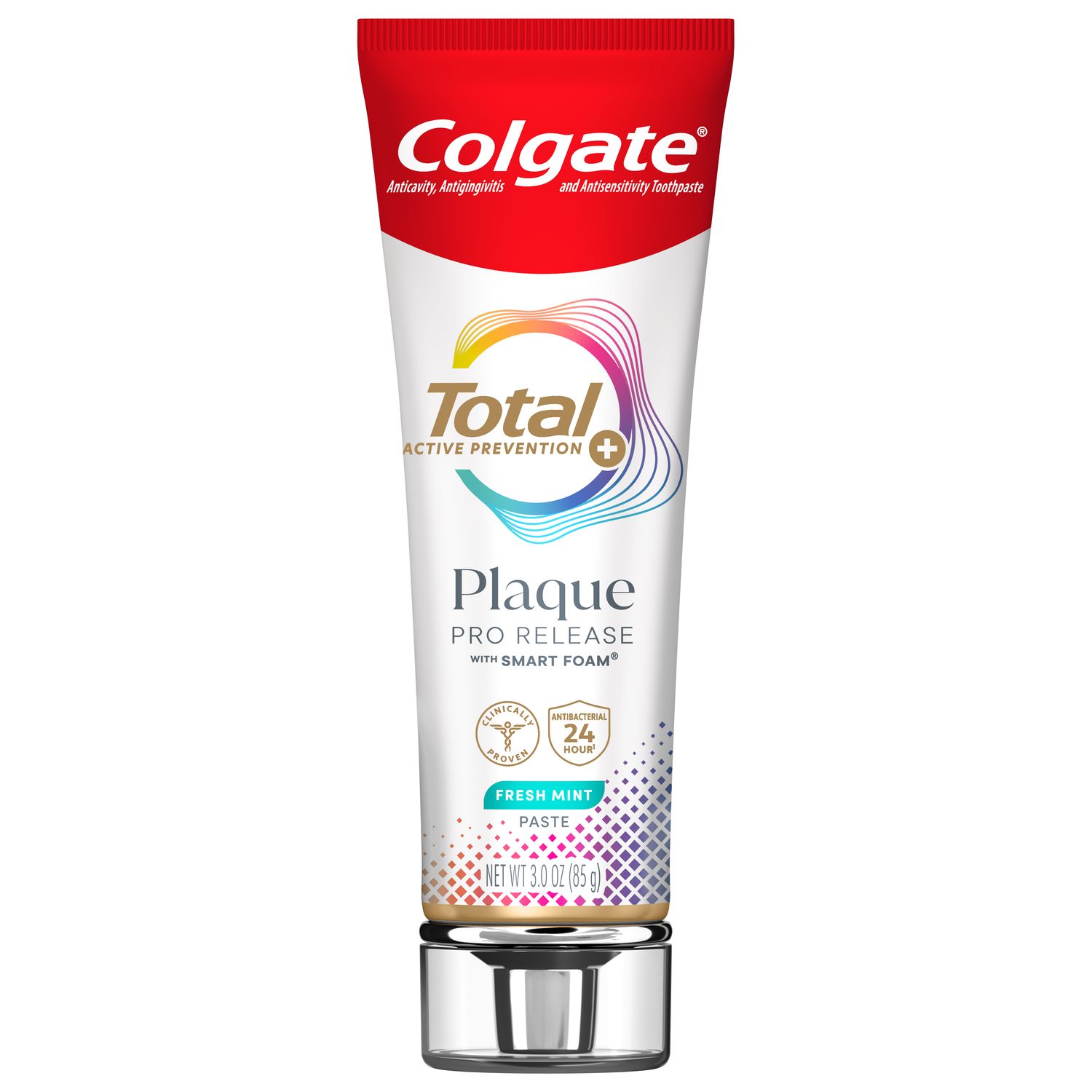-
Top Professional Products



-
Professional Articles
- Caries
- Dry Mouth
- Enamel Erosion
- Gum Issues
- Orthodontics
- Pediatric
- Sensitivity
- Whitening
- Social Responsibility
- Career Development
Try the new Colgate dental stuDENT app today

-
Gum Health Physical Tool
Assess your patients' gum health in your office using this tool and send them home with a personalized report.

-
Oral Health Commitment
- Oral Health Commitment
- Bright Smiles, Bright Futures
- Educational Resources
- Mobile Dental Van
- Volunteer
- Home
- Helpful Resources for Dentists
- Caries Knowledgebase for Dentists | Colgate® Professional
- Protecting Complex Restorative Dental Work

A considerable amount of time, effort and money goes into complex restorative work including crowns or bridges. Patients, often after past caries experience, and other risk-related behaviors such as poor oral hygiene or a sugary diet, end up needing a substantial amount of dental work to stabilize their oral health. While many of the risk factors which have caused the dental disease will have been addressed prior to commencing complex restorative work, the work doesn't end there.
Especially for older patients, maintaining this complex restorative work can be challenging. Difficulties include home care and sub-gingival restorative margins, the risk of root caries associated with exposed roots caused by gingival recession and, for some patients, reduced manual dexterity that negatively impacts their ability to deliver pristine oral hygiene. They also may have never known how best to care for their teeth in the first place! These can all lead to the dreaded secondary caries which can be difficult to treat and ultimately end in tooth-loss. This is clearly not an outcome that is desired, and your patient has already invested a lot of time and money to improve their oral health.
So how can we help these patients to protect their complex work? The following are suggested and recommended by leading dental authorities:
- Give detailed oral hygiene coaching, including how to maintain oral health around difficult restorative margins, by performing twice-daily brushing and using interdental cleaning aids daily, such as floss or interdental brushes;
- Make sure to include a prescription-level fluoride, for example Colgate PreviDent 5000 Booster Plus. This contains 5000 ppm fluoride (1.1% sodium fluoride), which is recommended in the guidelines from the American Dental Association;
- In addition, in-office application of 5% sodium fluoride varnish such as Colgate PreviDent Varnish for those who are at risk of dental caries;
- The American College of Prosthodontics has also published Clinical Practice Guidelines for the Recall and Management of Tooth-borne restorations, which contains guidance and provides recommendations for the different types of complex restorative work your patient may have such as fixed prostheses and removable prostheses. This guidance should be followed both in terms of oral hygiene and products to recommend, but also the frequency of dental recall to monitor the restorative work both you and your patient have invested in.
Ensuring the long term success of complex dental work and protecting the patient's investment will help to avoid having dissatisfied patients and improve their oral health for the future.
Related Articles

Practice Management
What Is Stannous Fluoride Toothpaste?Discover what is Stannous Fluoride Toothpaste and its importance to prevent cavities and other oral health problems.

Career Development
Types of Arthritis, Joint Inflammation and Your Dental Hygiene CareerHave you felt pain in your shoulders, hands or knees after a long day? Learn how to distinguish between types of arthritis and joint inflammation.

Career Development
Budgeting For Dental Hygiene Equipment You NeedYou probably have a wish list of dental hygiene equipment. Products such as loupes or an ultrasonic insert with LED lighting make our jobs easier, but they come with a hefty price tag.
Related Products

Help Keep Patients More Informed
Share articles, videos and PDFs to help your patients learn more about specific conditions and effective treatments for a healthier smile.





